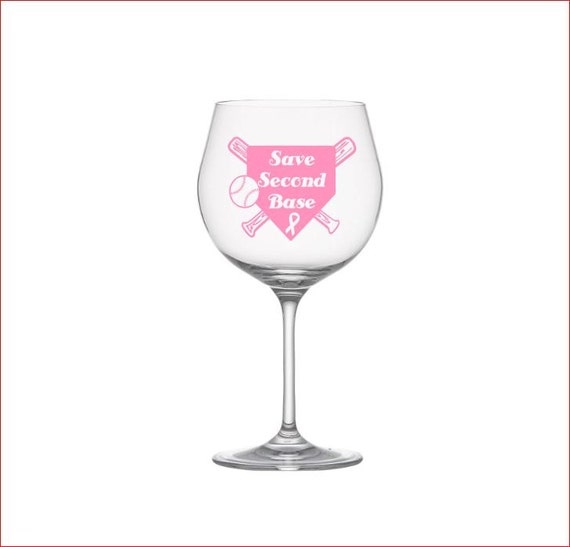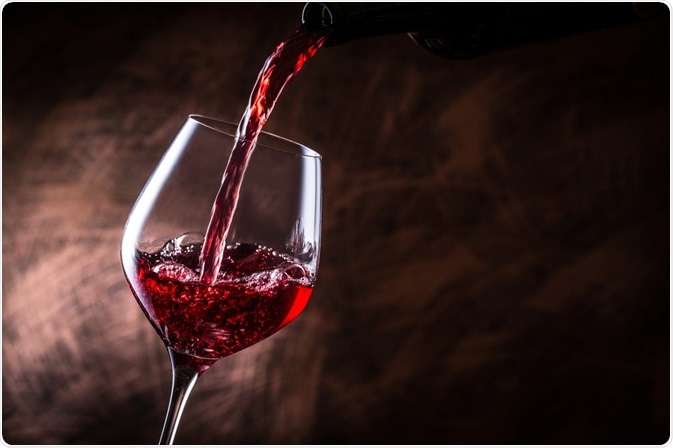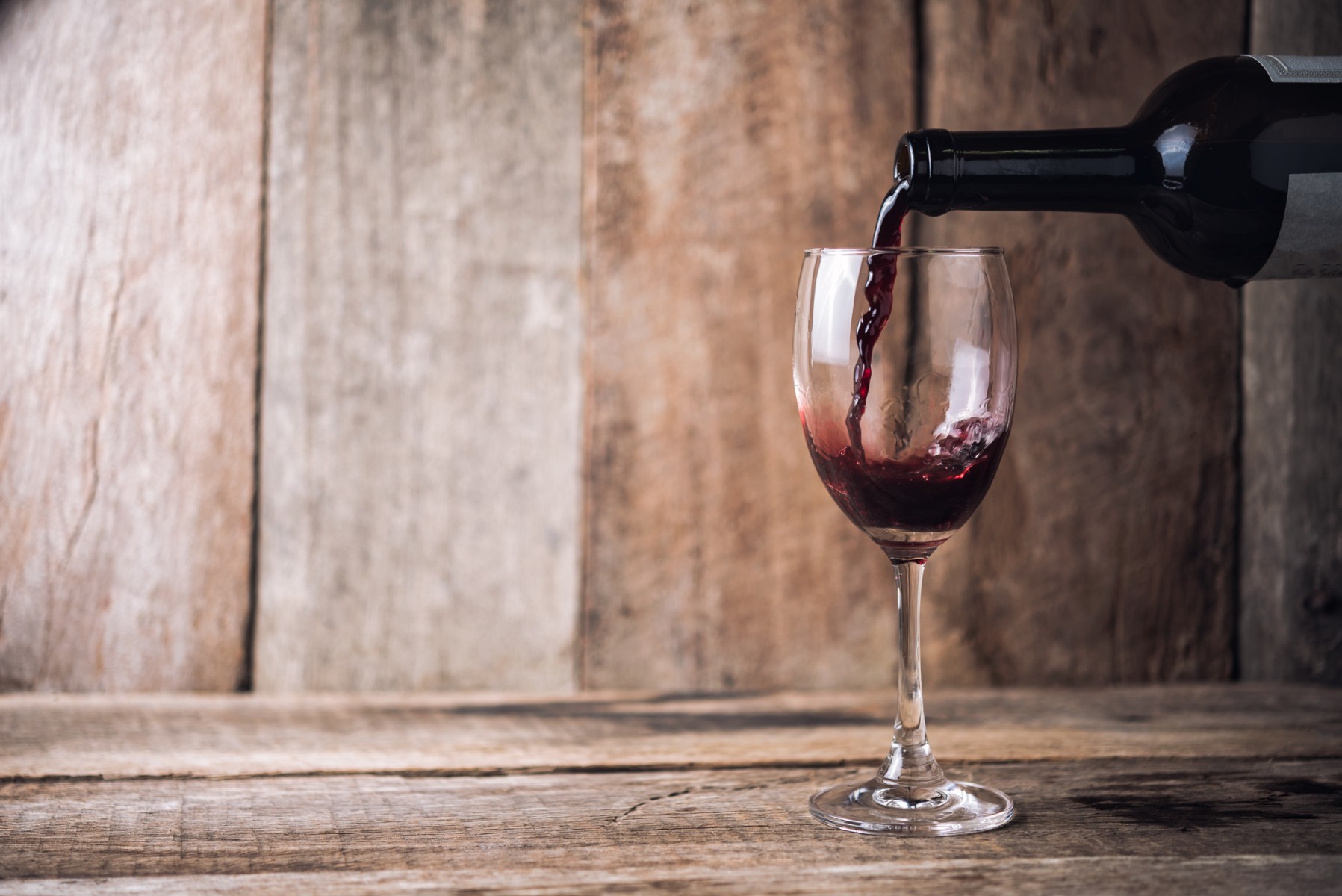

Also, while the focus on this article is wine, the nutrients below will help protect you should wine not be your cocktail of choice. That said, please limit consumption and be sure to consume adequate helper nutrients, which will be discussed below.

In summary, red wine is loaded with polyphenols, which can do a body good. Quercetin has the ability to steal the iron from cancer cells which can stop their growth and induce cell death. This is critical as iron can be a key ingredient in cancer cell growth.

It removes it from tissues, and prevents its absorption. Quercetin also binds to excess iron in your body. It also stimulates liver function to detoxify estrogen and other carcinogenic agents, helping to remove them from the body. It prevents tumor cell growth and has strong anti-inflammatory properties. The quercetin in red wine also protects DNA in cells because it collects around the nucleus of cells offering powerful anti-oxidant protection. Still, it is comforting to know that you will get some benefits from the resveratrol. Of course, in my humble opinion, you would have to overindulge to get enough resveratrol to effectively block cancer, and clearly that is not a good idea. Some studies have credited resveratrol with blocking the development of cancer at multiple stages – from tumor initiation through promotion and progression. Resveratrol also provides cardiovascular benefits by reducing LDL cholesterol and decreasing the stickiness of blood platelets. The resveratrol in red wine has potent antioxidant and anti-cancer effects, suppressing the production of inflammatory cytokines as it protects, and even repairs damaged DNA – healing the injury before it can result in cancerous changes. Interestingly, red wine is a good source of folate, biotin, vitamin B6, niacin, potassium, magnesium, and other important anticancer nutrients, so in itself, it is part of the solution. Wine is good for the heart and may actually inhibit the development of certain cancers, including breast cancer. A glass or two of red wine now and then can be a very nice social experience and can be quite enjoyable–and healthful–just don’t over-do it. After all, we know that stress and deprivation are not good for anyone - certainly not someone who has beaten cancer only to end up depressed. Therefore, the purpose of this article is to remind you of the perils of drinking alcohol and to educate you on ways to minimize the risks of alcohol consumption so that you can still enjoy it without so much guilt. If you enjoy the pleasures of social or moderate drinking, you can help neutralize alcohol’s toxic effects by consuming certain nutrients and phytonutrients.įurther, should your preference be wine, it is good to know that red wine (and to some extent, white) contains some powerful anticancer nutrients, making it actually somewhat protective against cancer! Therefore, while excessive consumption of alcohol undeniably damages the body, you don’t have to give it up completely. Thankfully, there are ways to help alleviate the potential harm.

#Is wine safe during cancer free
Acetaldehyde also produces harmful free radicals that increase inflammation-cancer’s friend. When alcohol breaks down, it is converted into acetaldehyde, a toxin which damages DNA and hinders the cell mechanisms that would ordinarily repair it. Studies show that light to moderate drinkers are more social, which has a positive effect on longevity. We know that sugar feeds cancer, but these days, so does everything else, so it seems - so an occasional treat is not all that bad.Īs for alcohol consumption, we know that drinking in moderation is good for the heart-and can be good for the soul. In fact, it will bring essential joy as you celebrate your or a loved one’s birthday. While I really do not advise making a daily trip to the bakery, an occasional piece of birthday cake just isn’t going to matter. Life is too short to put happiness on hold. So just to be very clear - eat the cake drink the wine go on the trip buy the dress-wear the dress. Healing from cancer can be hard staying healthy can be even harder, as our motivation wanes. However, sometimes I feel like I forget to stress hard enough the need to enjoy life. Eat this, not that, drink this, not that, etc. I talk and talk about healthy habits, food choices, vitamins, and nutritional supplements. For many, this is very difficult, just as smoking and/or sweets are hard for others to eliminate.īut, all too often I find myself wondering if my clients are trying too hard to be healthy. Cancer patients typically make some major lifestyle changes to increase their survival-and often this includes cutting back on (or eliminating) alcohol consumption. We all know that chronic, excessive alcohol consumption can dramatically raise one’s risk of cancer and other degenerative diseases.


 0 kommentar(er)
0 kommentar(er)
